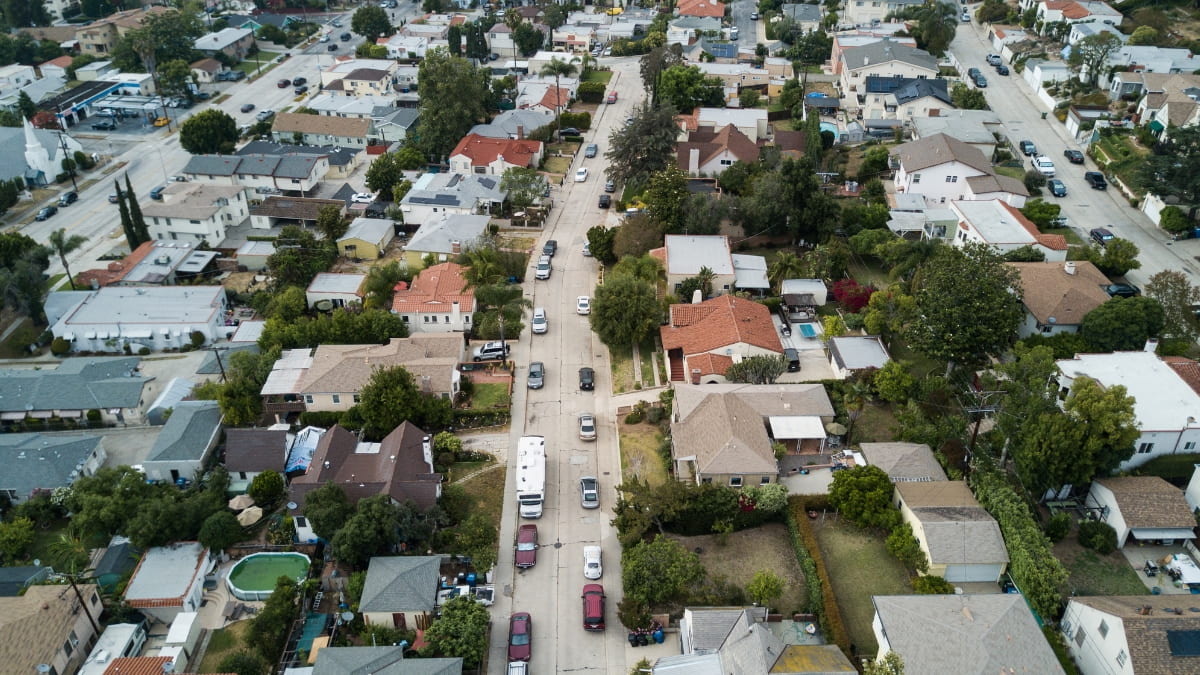Guest blog by Joyce Pan Huang, IPP ’23
As someone new to the public sector in the last two years, I leapt at the opportunity to attend the Implementing Public Policy program. I enjoyed building friendships and connections with government officials and policymakers from around the world. While our challenges were different across the world, we could relate to the commonalities among government work on the local, state, and national levels.
It was easy to engage right away with the ideas from Problem Driven Iterative Adaptation. The City Planning sector is notorious for planning toward an idealized future and “locking in the plan”. Plans that “sit on the shelf” signal implementation failure. Further, the long list of implementation actions in the last portion of the plan ought to happen in real time based on political and resource realities, including an honest evaluation of levels of authorization and policy legitimacy.
Here are a few lessons learned from PDIA:
- Accept unknowns and be truthful about the problem. The first on-campus session about dealing with unknowns in complex problems stuck with me. Since we don’t have complete foresight into the future, a plan that’s “locked in” may not stand if the circumstances have vastly changed. By using short, iterative and adaptive actions, you’re more likely to build confidence in your team in addressing highly evolving complex problems. I have replicated this session with my own team so we might understand together that we will need to stay nimble and adaptive when thinking about city building in the future.
- Understand who your true authorizers are. We often act as if our governments are the “ideal bureaucracy” with one authorizer who makes an implementation request and with downstream workers who all perfectly implement said request. However, this is not true to how governments work- it “leaks” and various authorizers come into play, whether from the public, critical external stakeholders, different agencies or departments or from workers at the bottom. My team and I identified that while our appointed Commissioners have chartered authorization, the public trust (or lack thereof) in our processes impacts our ability to make change. This has been a hard lesson for our team to learn since it may not be “by the book”, yet is a very real dynamic. The words “disappoint your authorizers at a rate they can absorb” will guide us in our relationship with our true authorizers.
- Set up a team of leaders and seek positive deviance – we don’t have to be like other cities. The case study on multiagent leadership and the exercise on finding positive deviance will stick with me forever. Our City has often sought the silver bullet that will cure our ailments. We are free to find a path that may not look like the one other cities took. Bringing together the right team within our context and setting up a framework for quick iteration and trying new ideas is what will get us thinking outside the box.
- Implementation is about people. At the end of the day, I must remember that implementation is not just about achieving our goals in spite of people. It has to be alongside people, moving at the speed of trust. There have been a few moments where key partners have fallen very ill or been unexpectedly dismissed. In other cases, I’ve had to take extra time to have conversations to clarify our roles that resulted in us slowing down our process. It’s better to go at a slower pace or pause to patch relationships than it is to speed along without regard. Public servants are not just remembered for what they accomplished but for how people felt about them.
As for my own challenge on building “15 minute cities” in lower income neighborhoods, the pace has been slow. I am encouraged by alumni of the IPP program who have shared that it took years of meeting with stakeholders and iterating simply on their problem statement before there was an “a-ha” moment. My goals currently are building a strong multiagent team, getting clear on our problem statement, and aiming for positive deviance through iteration. Perhaps a few years from now, we will have adapted and tried enough to see flourishing and empowered communities who have determined for themselves the neighborhoods they want.
It’s been an incredible seven months and I am grateful for my thoughtful and incisive classmates and our emotionally intelligent teachers who have led us to laugh and cry in the same session. Thank you for the kinship and for reminding us always that “leadership is taking risks for the things you care about.”
This is a blog series written by the alumni of the Implementing Public Policy Executive Education Program at the Harvard Kennedy School. 47 Participants successfully completed this 7-month hybrid program in December 2023. These are their learning journey stories.
